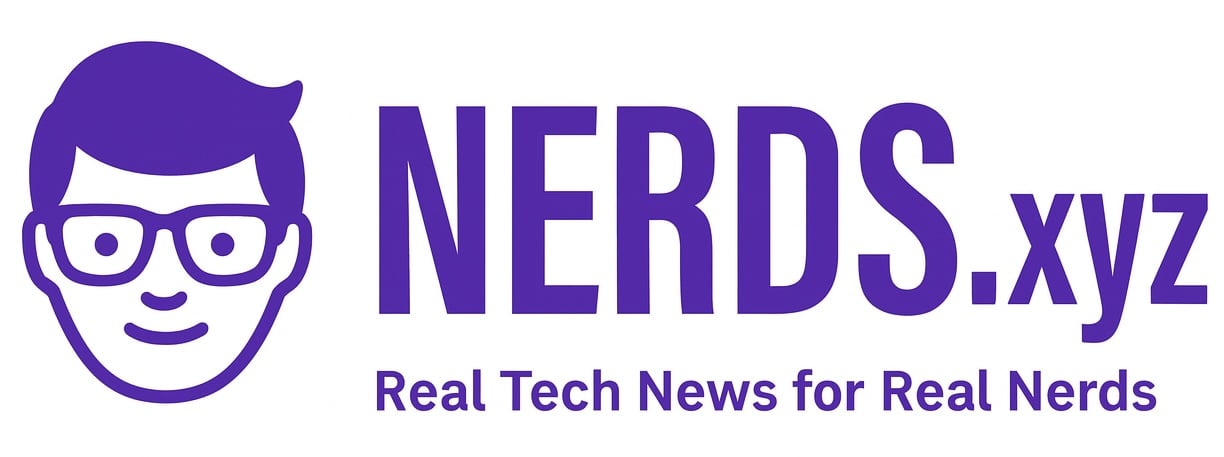Mozilla has made some quiet but important updates to its extension policies on addons.mozilla.org. Starting August 4, 2025, developers should find the process of publishing and maintaining Firefox add-ons a bit easier and less confusing.
One of the biggest shifts is the removal of the rule against closed group extensions. In the past, developers were not allowed to publish add-ons intended only for a small group of users. That restriction is now gone. This means developers can create private or internal-use extensions without being blocked by AMO’s policies.
Mozilla has also cleaned up how it talks about user data. Previous policy language often mixed up the ideas of collecting data and transmitting it. That caused confusion because developers assumed the two were separate. Mozilla has clarified that what matters is data leaving the browser. Internal data collection is not their concern unless it is transmitted elsewhere. This should reduce misunderstandings and make compliance simpler.
Another helpful change is related to privacy policies. Developers no longer have to host privacy policies directly on AMO. They can now link to external sites instead. That may sound small, but it removes a layer of friction. If a privacy policy changes, developers no longer have to push out a new version of their extension just to update a single URL.
Mozilla also addressed the use of the userScripts API. This tool is designed for extensions that let users run custom scripts on websites. Mozilla now clearly states that only actual user script manager extensions are allowed to use this API. You cannot use it to change how the manager itself works.
As for submitting source code, Mozilla is getting more specific. Developers have always been required to submit source code for review, even if it was minified or generated by a tool. The updated rule now says all dependencies must either be included in the source package or fetched through an official package manager. This gives reviewers a clearer view of what the code does and where it comes from.
These changes are clearly aimed at reducing confusion and cutting down on delays. Mozilla says it wants to make the process smoother while still respecting the privacy and safety Firefox users expect. Whether you are building for a large audience or just a few coworkers, these tweaks make it easier to work within the system.


